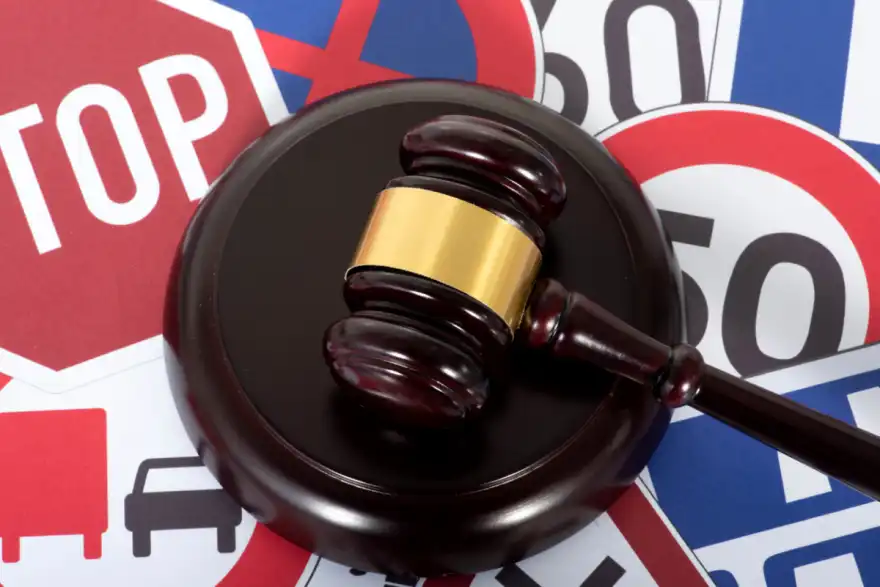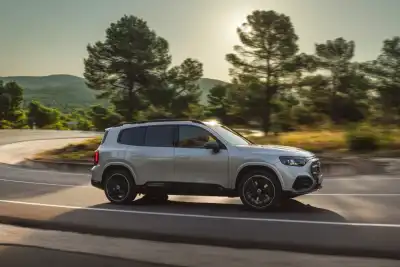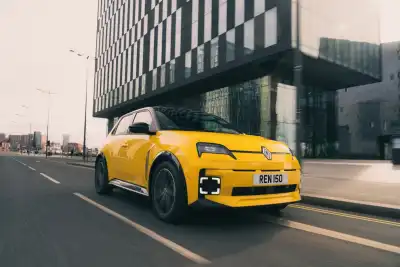
PM Rishi Sunak has said he’s “slamming the brakes” on “hare-brained schemes” such as blanket 20mph speed limits and low traffic neighbourhoods (LTNs) as he seeks to drum up Tory support ahead of next year’s General Election.
The jury is out on whether words will actually be backed up with any action, but us motorists may finally have some support if the PM’s latest campaign posters are anything to go by.
In an interview with the sun, he admitted there had been a “relentless attack on motorists” and said the Welsh government’s decision to reduce the default speed limit from 30mph to 20mph for restricted roads was “not right”.
The Department for Transport (DfT) also said its guidance would be reviewed on 20mph limits to “prevent their blanket use in areas where it is not appropriate”.
The Welsh government have rightly taken a battering for their introduction of 20mph speed limits where they’re not needed, with over 450,000 now signing a petition for it to be removed – that’s more than the number of people who voted for Welsh Labour in 2021.
The DfT also announced that a National Parking Platform pilot will be rolled out, meaning drivers will only have to use one app of their choice to pay for parking instead of downloading multiple variations.
And the third pillar of Sunak’s plan was a clampdown on the “overzealous” enforcement of parking restrictions and yellow box junctions while utility firms who dig up roads during peak times will be hit with additional charges – with the extra money going to fixing potholes.
In addition, the DfT said bus lanes will only operate “when necessary” and a consultation will be launched on motorcycles using them.
More details are expected to be set out in transport secretary Mark Harper’s speech to Tory members on Monday.
Despite Sunak’s comments, the Welsh government leader, Mark Drakeford said there is “incontrovertible” evidence that “driving more slowly in built-up urban areas saves people’s lives”.
However, a DfT-commissioned study from 2018 found there was no evidence of a significant drop in the number of crashes and casualties after the introduction of 20mph limits.
And arguments around improved air quality were quashed by Frank Kelly, a professor at Imperial College London and director of the Environmental Research Group at King’s College London, who told Autocar: “With many urban roads already experiencing congestion during rush hours, speed is often already at 20mph or less, so I expect to see little further benefit to air quality in our towns and cities as a consequence of this new rule.”




